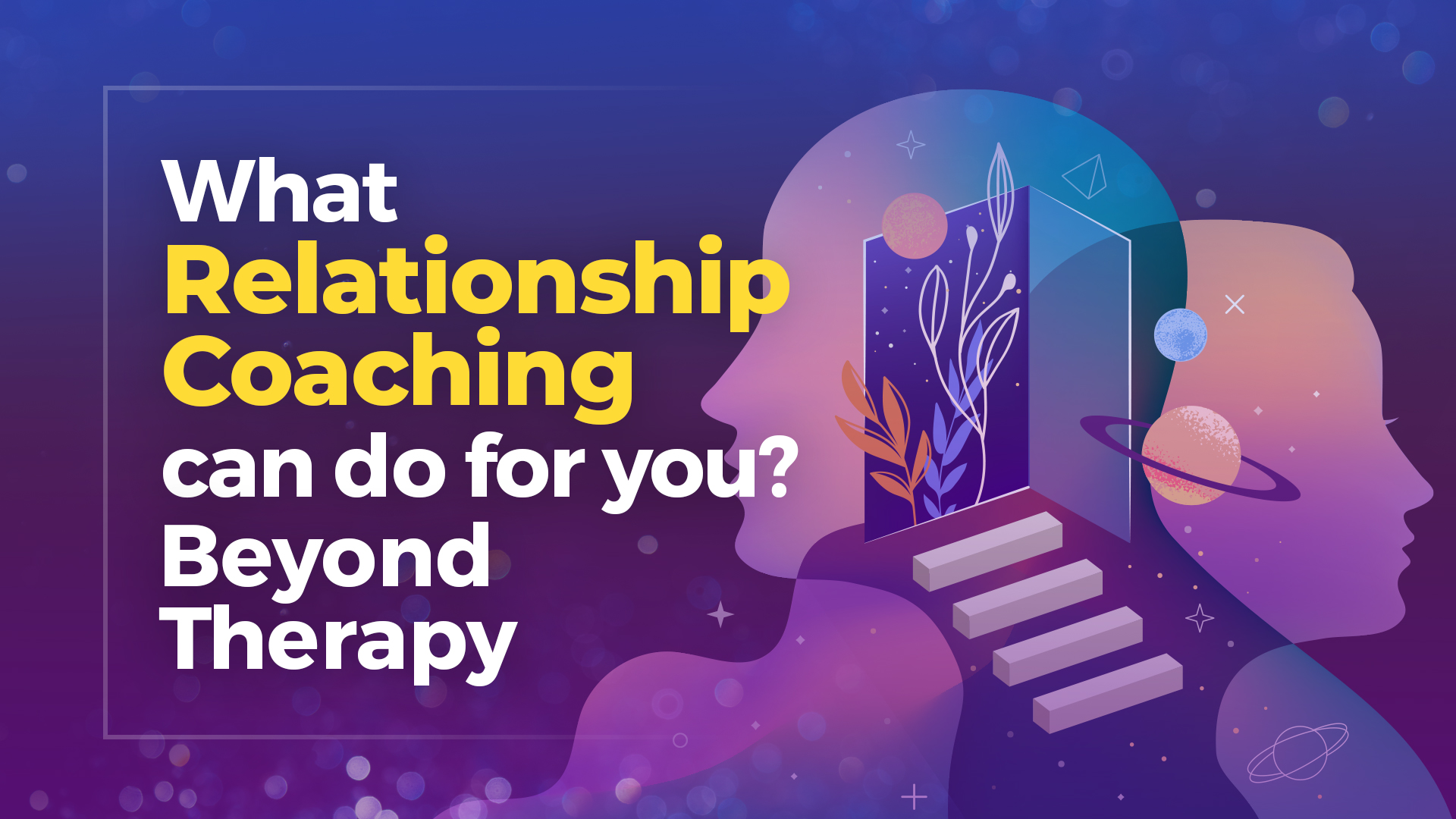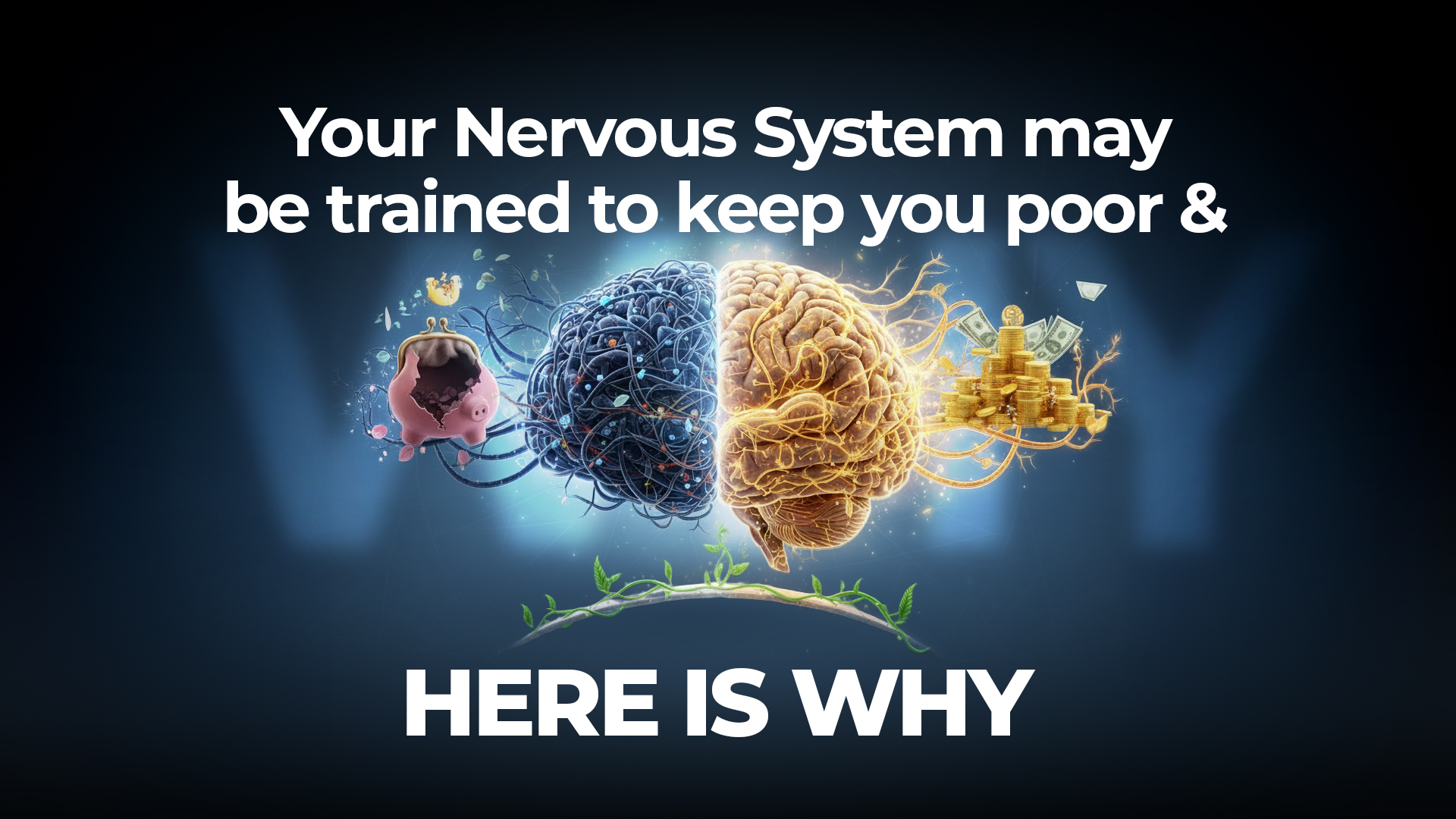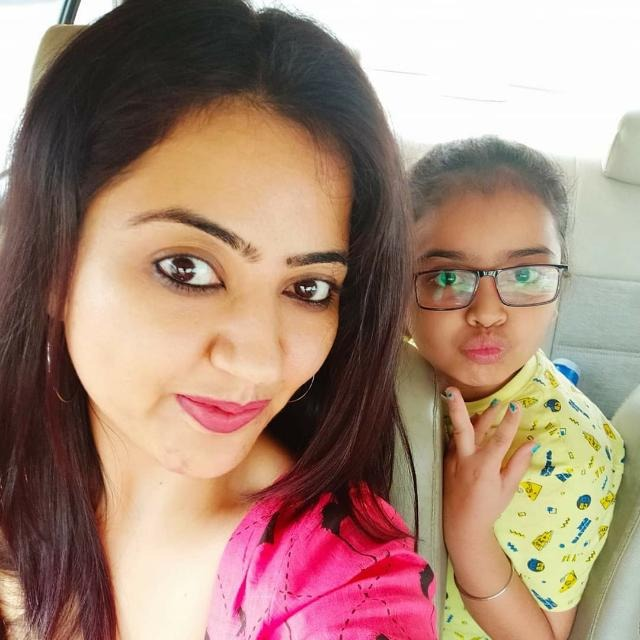Do you ever find yourself wondering how to build lasting and healthy relationship? Relationships that provide you with love, support, companionship, and a sense of belonging? Are you curious about the key elements of strong partnerships and how to cultivate them in your life? If so, you’re not alone.
Many of us crave meaningful connections with others but struggle to build and maintain them. Fortunately, with the right tools and mindset, you can create fulfilling relationships that bring joy and happiness to your life.
In this guide, we’ll explore the essential components of strong relationships and provide practical tips for building them. So, whether you’re looking to strengthen existing relationships or form new ones, let’s dive in!
7 Cornerstones of Healthy Relationships
Healthy relationships share some core characteristics that set them apart from unhealthy ones.
Let’s explore these essential building blocks:
1. Communication
Effective communication is the bedrock of any strong relationship. This means being able to express your thoughts and feelings openly and honestly while also actively listening to your partner. Communication involves both verbal and non-verbal cues, so be mindful of your body language and tone of voice.
2. Trust
Trust is the foundation of emotional intimacy. It allows you to feel safe and secure with your partner, knowing they have your back. Building trust takes time and effort and requires consistent honesty and reliability.
3. Respect
Mutual respect is essential for a healthy relationship. This means valuing your partner’s opinions, feelings, and boundaries. Respectful partners treat each other with kindness, compassion, and consideration.
4. Honesty
Honesty is vital for building trust and maintaining healthy relationships. This means being truthful with your partner, even when it’s difficult.
5. Empathy
The ability to see things from your partner’s perspective and understand their feelings is crucial for building strong connections. Empathy allows you to connect with your partner on a deeper level and stimulates emotional intimacy.
6. Commitment
Healthy relationships require a commitment from both partners to nurture and grow the connection. This means being willing to put in the effort to work through challenges and resolve conflicts.
7. Shared Values
Couples with similar values often find it easier to build a strong foundation for their relationship. Shared values provide a sense of common ground and can help guide decision-making.
Building Strong Relationships: 6 Practical Tips
Now that we understand the essential elements of healthy relationships, here are some practical tips to cultivate them in your life:
1. Practice Active Listening
Active listening involves paying close attention to your partner, both verbally and non-verbally. Try to understand their perspective and avoid interrupting.
2. Communicate Openly and Honestly
Share your thoughts and feelings with your partner in a clear and honest way. Be assertive, not aggressive, and avoid accusatory language.
3. Spend Quality Time Together
Make time for regular activities that you both enjoy. This could be anything from going for walks together to having a weekly date night.
4. Show Appreciation
Let your partner know how much you care about them through words of affirmation, acts of service, gifts, quality time, and physical touch.
5. Resolve Conflict Constructively
Disagreements are inevitable in any relationship. The important thing is to learn how to resolve conflict in a healthy way. This means focusing on the issue at hand, avoiding personal attacks, and being willing to compromise.
6. Seek Help if Needed
If you’re struggling to build or maintain a healthy relationship, don’t hesitate to seek professional help. A therapist can provide guidance and support to help you navigate challenges and strengthen your connection.
Building Healthy Relationships in Different Stages of Life
Relationships take work and evolve throughout life. Here are some additional considerations for different stages:
-
Young Adults
-
Couples
-
Families
-
Long-Term Relationships
As young adults develop independence, they may prioritize friendships, and romantic relationships may take on new forms. Communication and respect are especially important during this time of exploration and self-discovery.
Couples face challenges such as navigating finances, building a life together, and potentially raising children. Open communication, shared values, and a commitment to working through challenges are essential for navigating these complexities.
Healthy family relationships provide a strong foundation for emotional well-being. Effective communication, empathy, and respect are crucial for enabling positive family dynamics.
Long-term relationships require ongoing effort to keep the spark alive. Prioritizing quality time, expressing appreciation, and nurturing intimacy are all critical for maintaining a solid connection over time.
The Final Note
By investing time and effort into building healthy relationships, you can create a strong foundation for happiness and well-being throughout your life. Remember, strong relationships don’t happen overnight, but with dedication and these helpful tips, you can cultivate connections that enrich and support you on your life’s journey.
Building healthy and lasting relationships is an ongoing process that requires effort and dedication. By incorporating the tips and strategies outlined above, you can cultivate strong connections that enrich your life and bring you happiness.
Do you have any questions or tips about building healthy relationships? Share your thoughts in the comments section below!
FAQs: Building Healthy Relationship Foundations & Partnerships
- What are some signs of an unhealthy relationship?
- Is couples therapy right for me?
- How can I find a good therapist?
There are many signs of an unhealthy relationship, including poor communication, a lack of trust, disrespect, and emotional abuse. If you are concerned about your relationship, it’s important to seek professional help. A therapist can provide guidance and support to help you assess the situation and determine if the relationship is worth salvaging.
Couples therapy can be beneficial for any couple who wants to improve their relationship. It can be especially helpful if you’re struggling with communication, trust issues, or conflict resolution.
You can ask your doctor for a referral or search online directories of therapists in your area. Look for therapists who specialize in couples therapy or relationship issues.
Reach Dr. Chandni’s support team at +918800006786 and book an appointment.



































